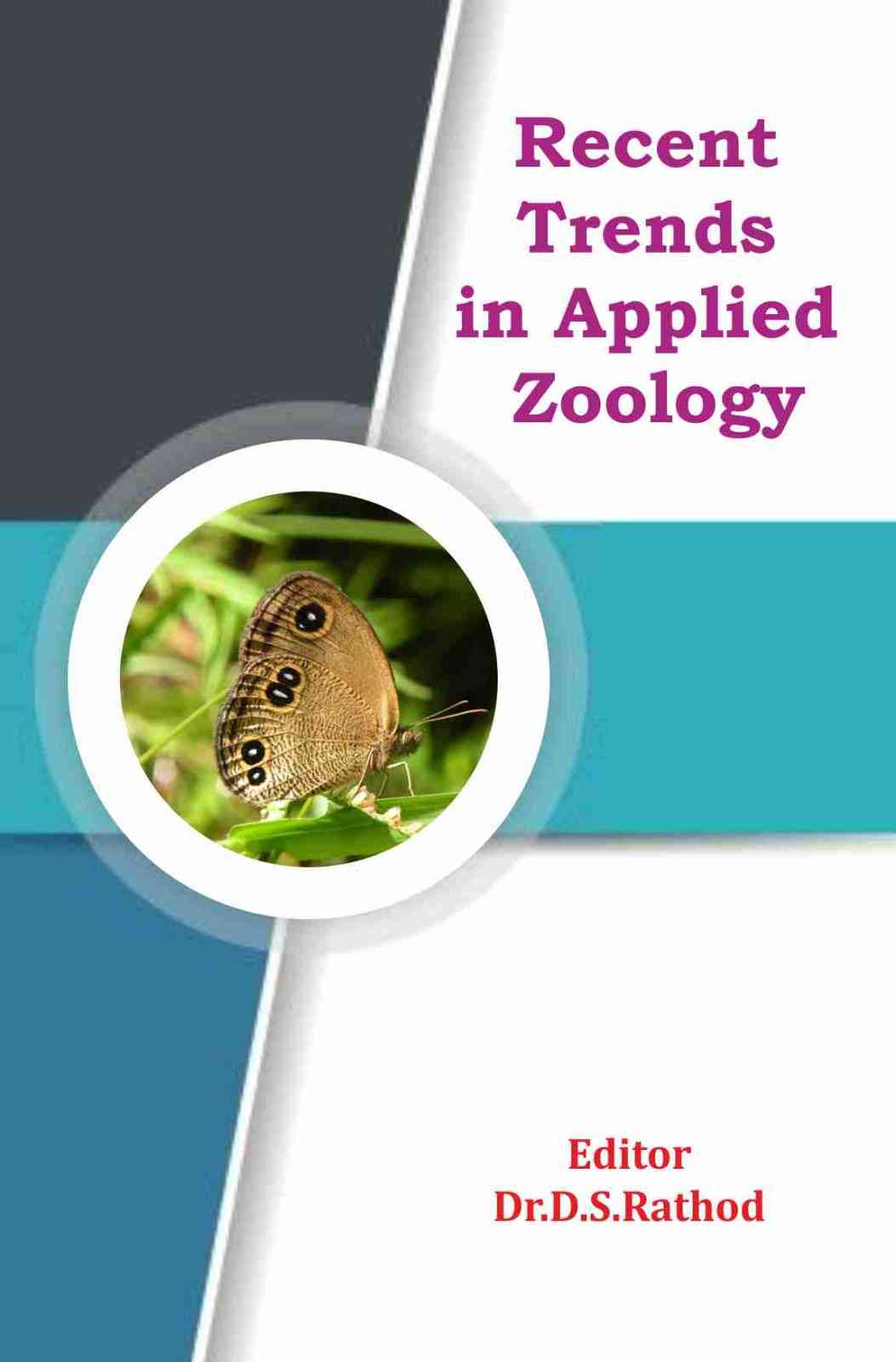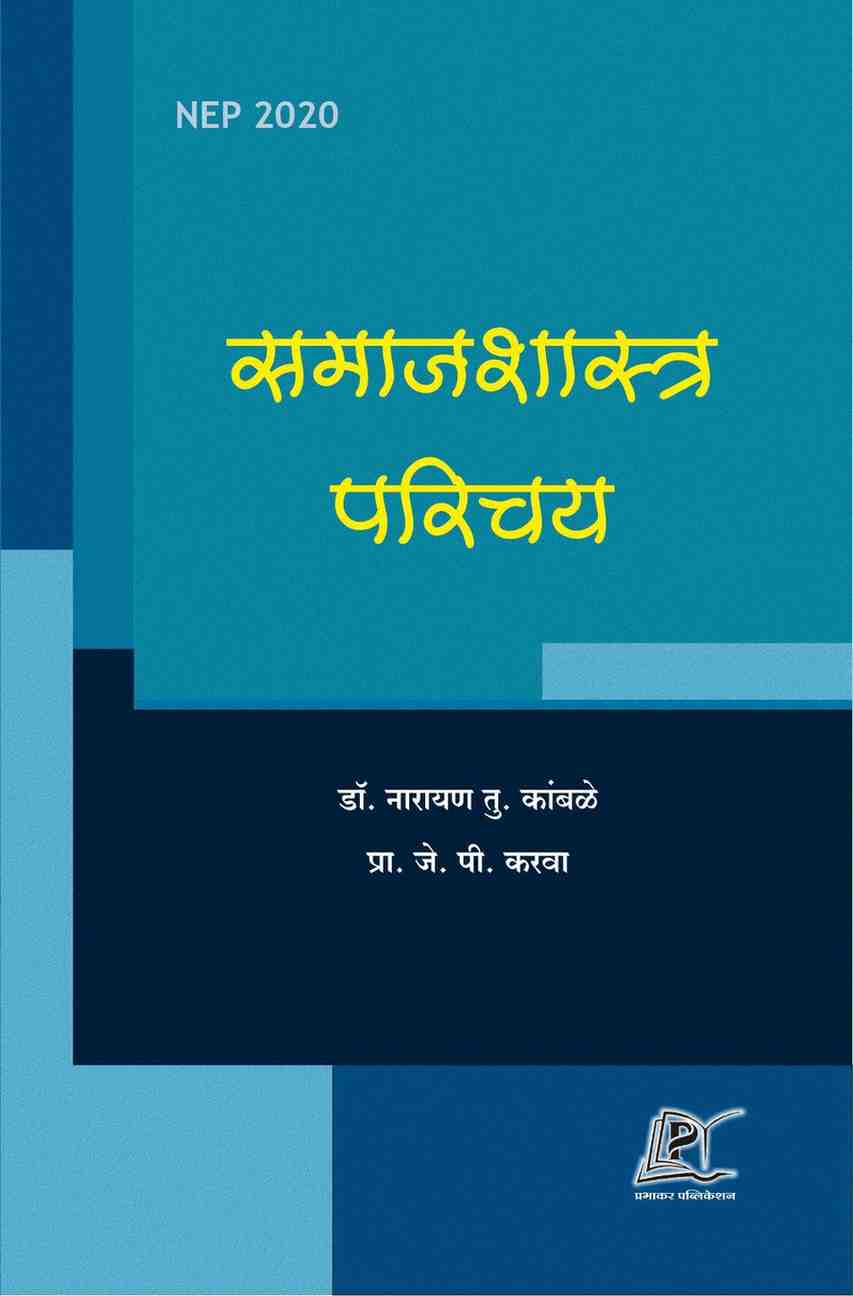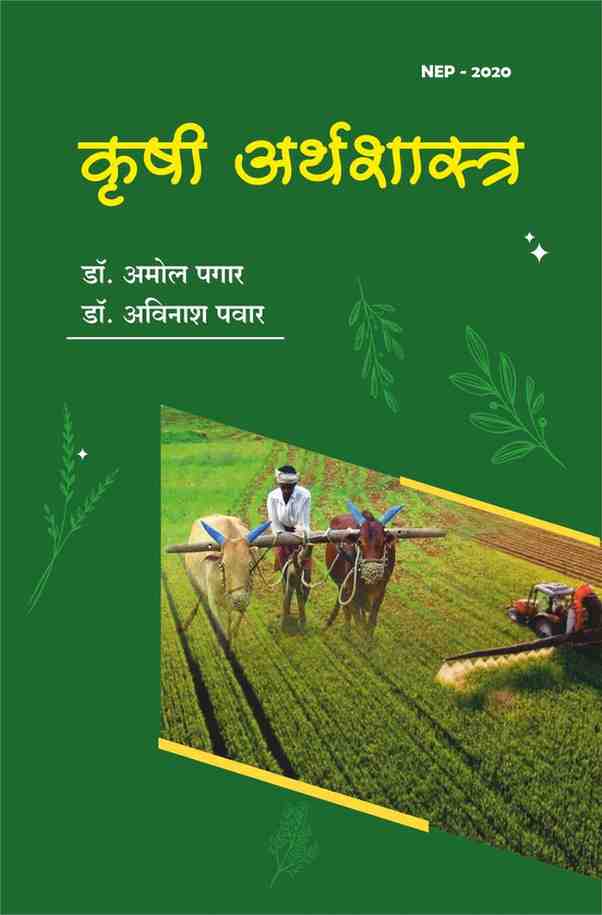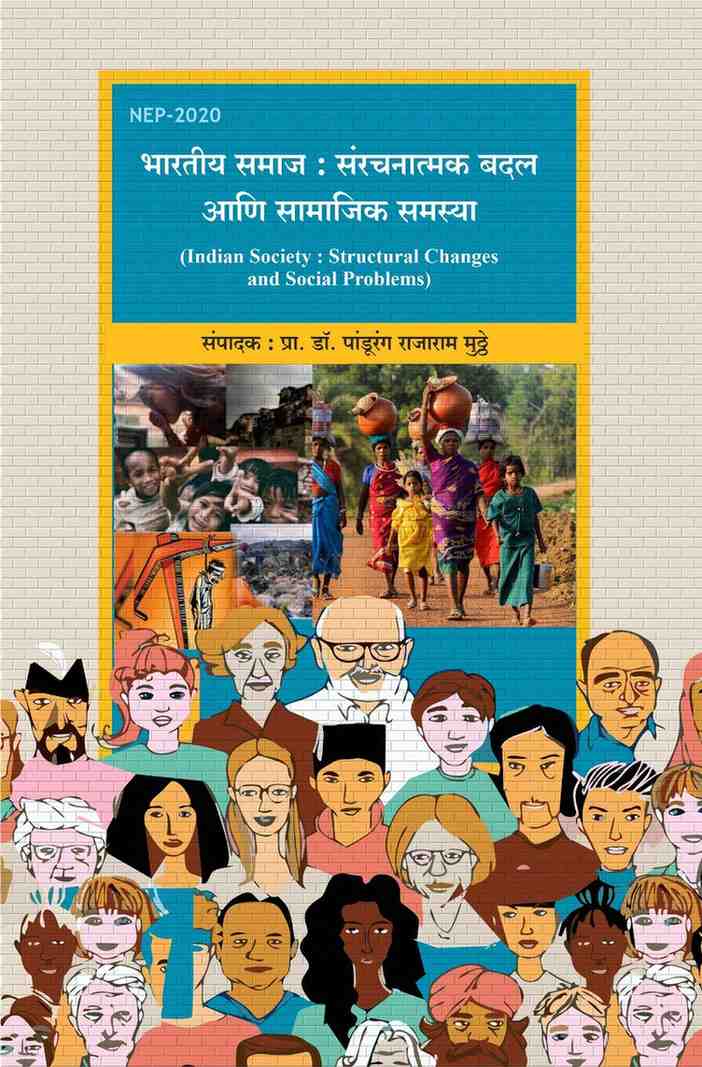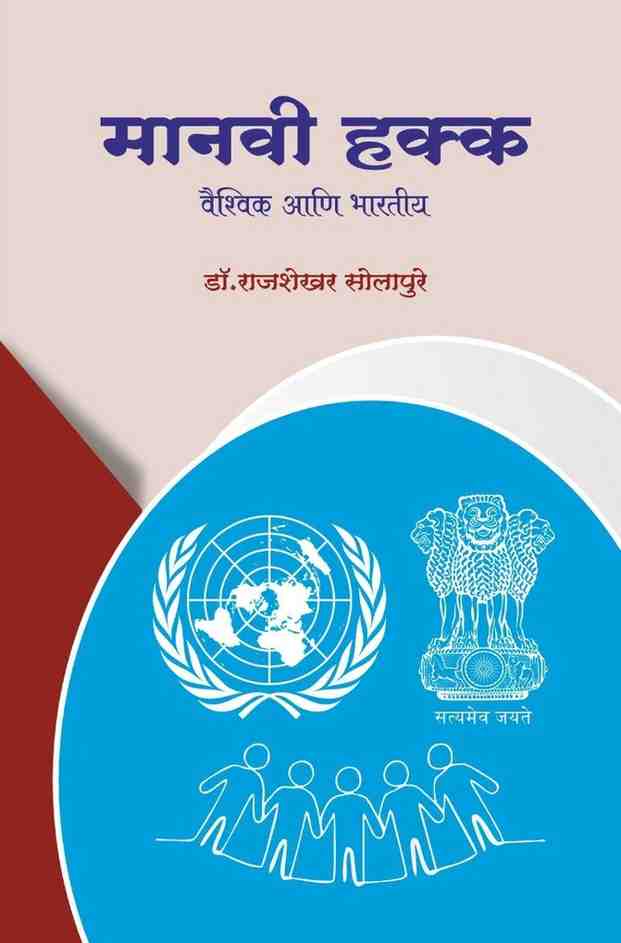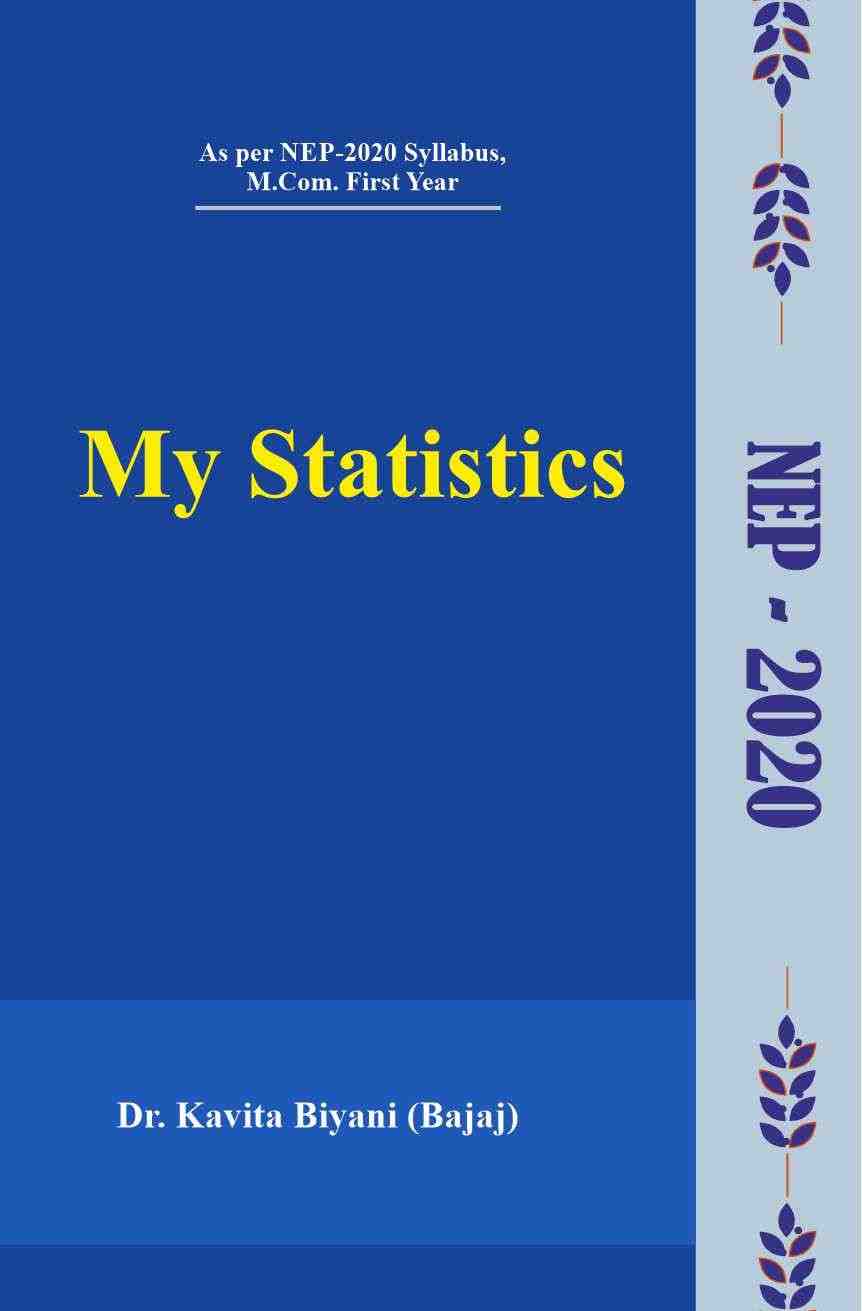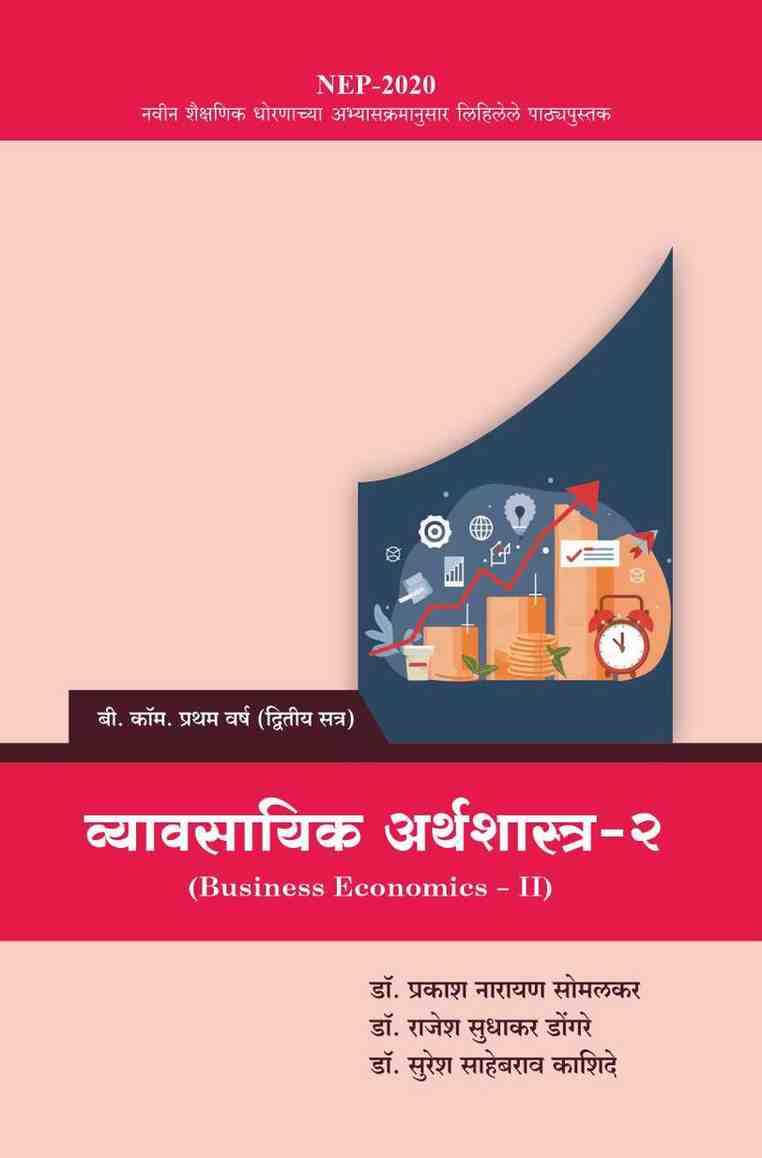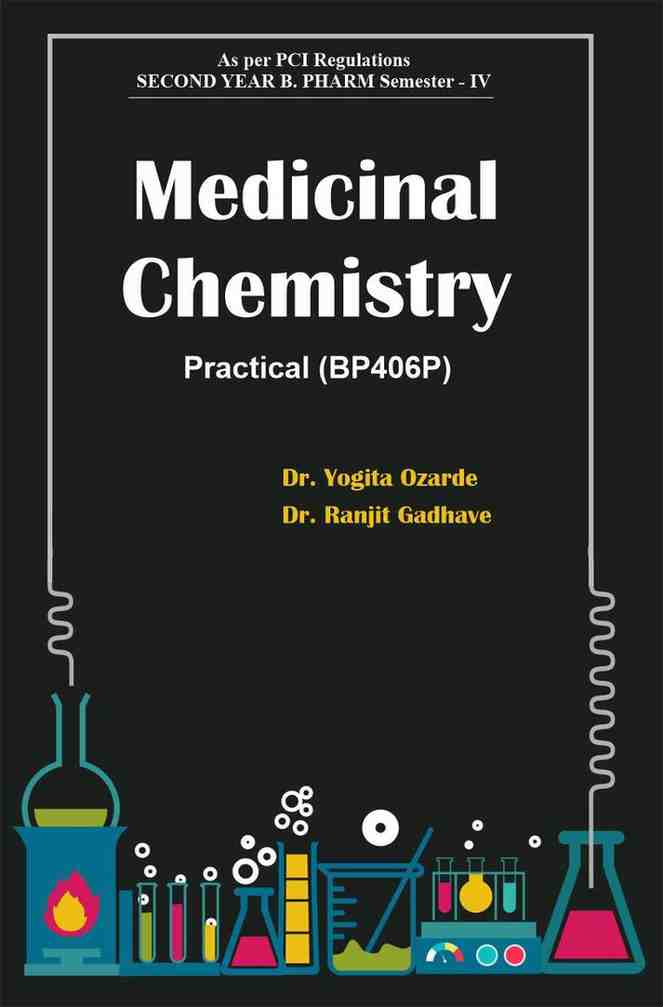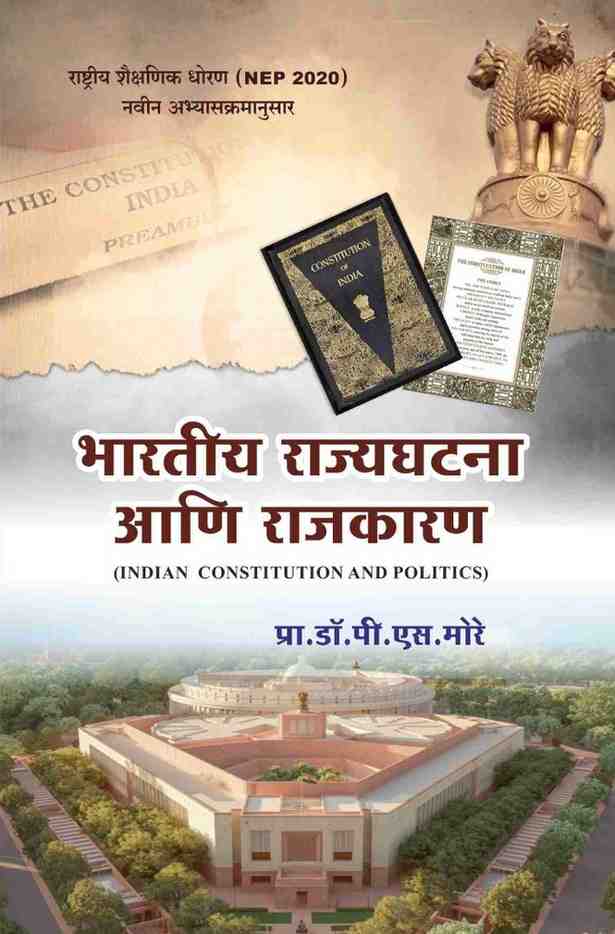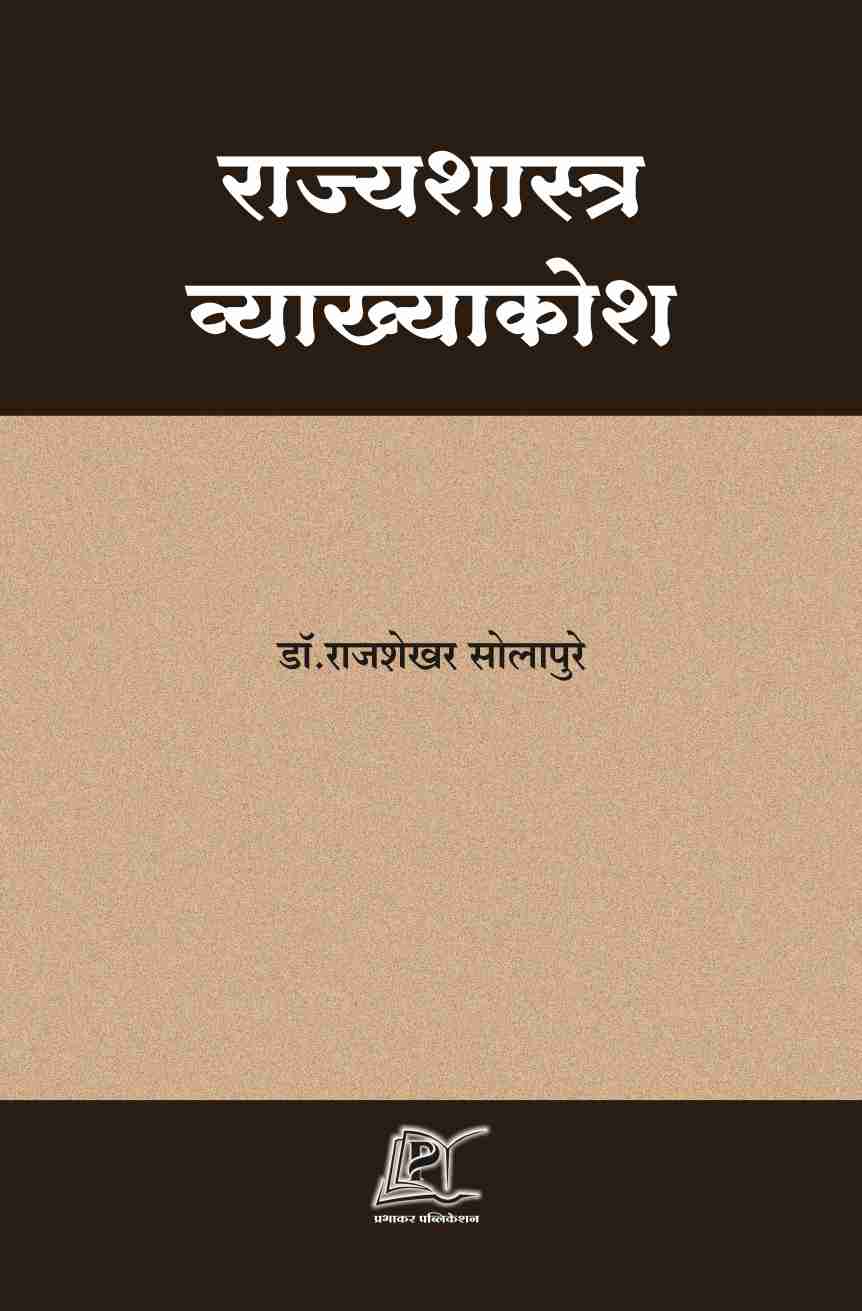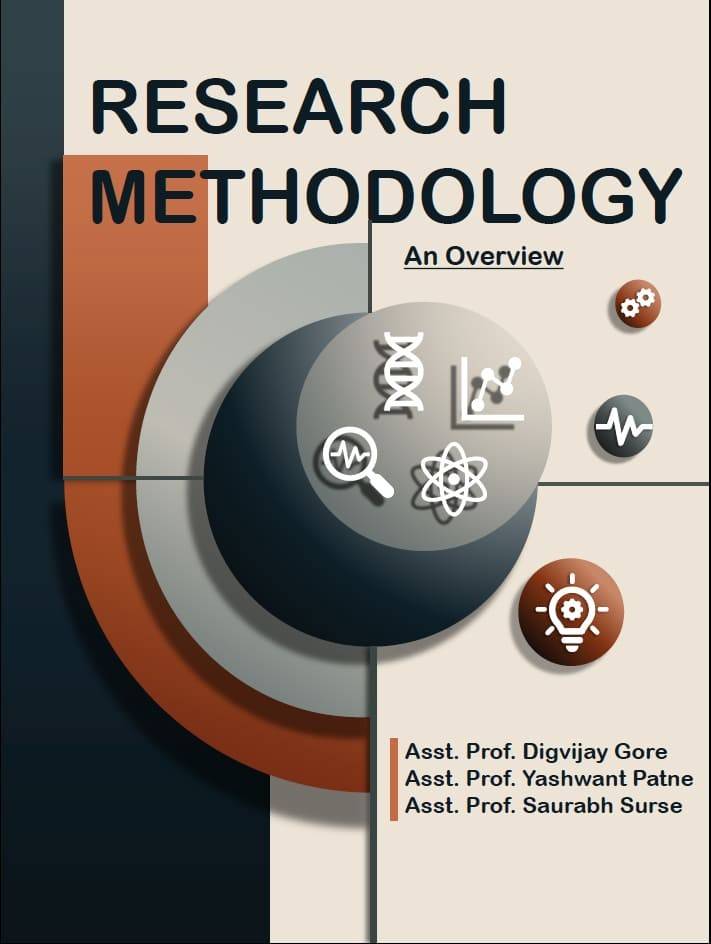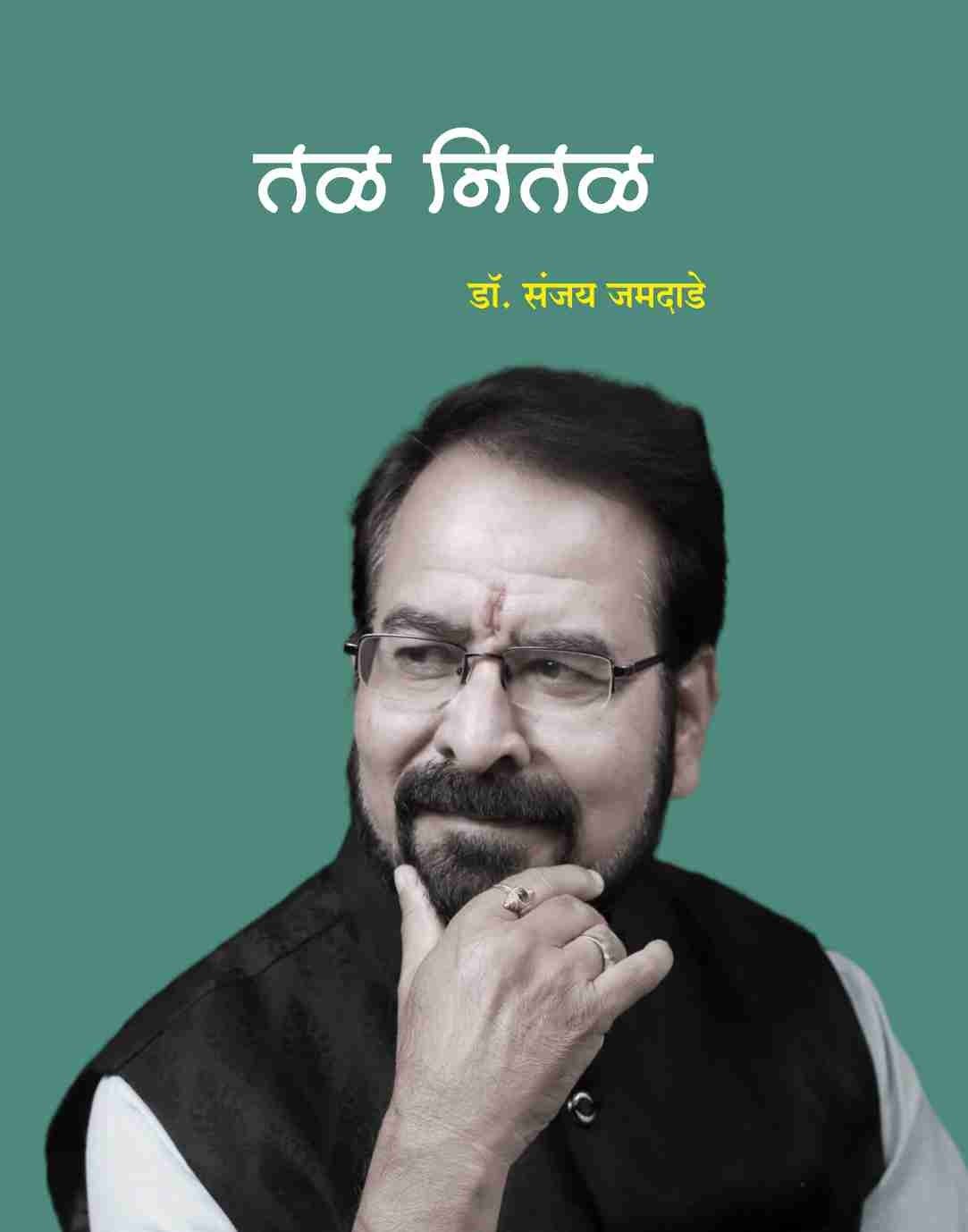Recent Trends in Applied Zoology
| Duration: | Unlimited |
|---|---|
| Book Pages: | 205 |
| E-Book Price: |
₹ 15
|
|---|
| E-Book Buy Date: |
--
|
|---|---|
| E-Book Expiry Date: |
--
|
| Audio Buy Date: |
--
|
| Audio Expiry Date: |
--
|
Applied zoology deals with the application of zoological knowledge for the benefit of mankind. It is a specialized branch of zoology which deals with animal world that is associated with the economy, health and welfare of humans. It includes culturing animals for mass production for human use and to control or eradicate animals that are injurious to man directly or indirectly. The undergraduate course deals with the topics in a scientific way, the multidisciplinary nature of Economic Zoology has been given due importance incorporating topics like Sericulture, Lac Culture, Apiculture, Poultry, Fisheries, and live stock production.
Now a day’s taking benefit from animal resources is spotlighting for this we taking help of modern tools and systematic techniques of science. India has becomes known as the largest producer of milk with 20.17 percent share in total milk production in the world. India accounts for about 5.65 percent of the global egg production and also the largest population of milch animals in the world, with 110 million buffaloes, 133 million goats and 63 million sheep. India’s share in total meat production is 3 percent (APEDA, 2018).
India is blessed with huge livestock population reared under diverse production systems and agro climatic conditions. The country has 15 per cent of world’s cattle population, 58 per cent of buffalo population, 18 per cent of goat population, 7 per cent of sheep and 5 per cent of chicken population and ranks first in buffalo and goat population, second in cattle and sheep population and fifth in chicken population in the world. As such, livestock have an immense contribution for sustainable rural development and provides a stable, year round income, which is an important economic incentive for the small farmers. This sector plays a multi-faceted role in providing livelihood support to more than 60 per cent of the rural population. As per the report of the working group on Animal Husbandry and Dairying - 11th Five Year Plan: 2007-2012, the livestock sector employs eight per cent of the country’s labor force, including several small and marginal farmers, women and landless agricultural workers. Besides their monitory benefit and providing a steady stream of food and revenues for households, livestock provide employment to the family, act as insurance during crop failures, contribute to gender equality by generating opportunities for women, generate in situ fertilizers for enhancing the soil fertility, contributes to day-to-day expenses of the farm family, recycle waste products and residues from cropping or agro-industries, supplies energy source for cooking and at places, the number of livestock owned by a farmer determines the social status among the community.
This book with valuable book chapters from eminent scientists, academicians, and researchers will surely be a part of utmost information for the coming new research taken by the researchers in the field of Applied Zoology in the future.

- --
- --
Editor
Dr.D.S.Rathod
Head
Department of Zoology and Fishery Science,
Rajarshi Shahu Mahavidyalaya (Autonomous),
Latur- 413531, Maharashtra
